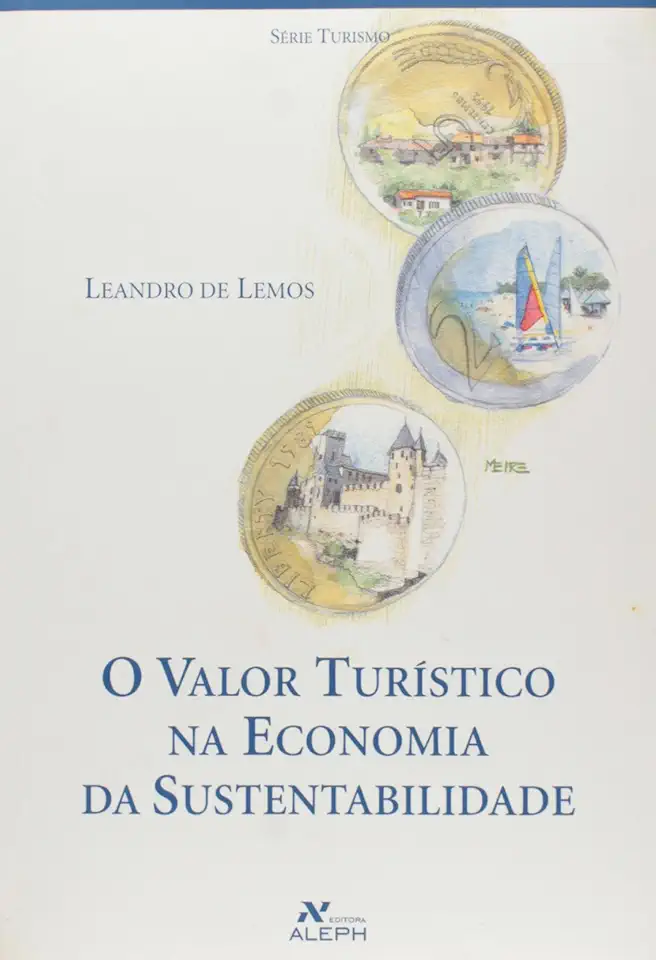
The Tourist Value in the Sustainability Economy - Leandro de Lemos
The Tourist Value in the Sustainability Economy: A Comprehensive Guide to Sustainable Tourism Development
Introduction
In today's world, sustainable development is more important than ever. The tourism industry is a major contributor to the global economy, but it can also have a negative impact on the environment and local communities. The Tourist Value in the Sustainability Economy provides a comprehensive guide to sustainable tourism development, offering practical strategies and insights for businesses, governments, and individuals.
Key Concepts and Principles
The book begins by introducing key concepts and principles of sustainable tourism, including:
- The triple bottom line: This concept emphasizes the importance of balancing economic, environmental, and social considerations in tourism development.
- Stakeholder engagement: Involving all stakeholders in the planning and implementation of tourism projects is essential for ensuring that their needs and interests are met.
- Carrying capacity: This concept refers to the maximum number of tourists that an area can support without experiencing negative impacts.
- Life cycle assessment: This tool can be used to assess the environmental impacts of tourism activities throughout their entire life cycle, from planning and construction to operation and maintenance.
Sustainable Tourism Practices
The book then provides a detailed overview of sustainable tourism practices, including:
- Green building: This involves the use of environmentally friendly materials and techniques in the construction and operation of tourism facilities.
- Energy efficiency: Reducing energy consumption is essential for minimizing the environmental impact of tourism.
- Water conservation: Water is a precious resource, and it is important to use it wisely in tourism operations.
- Waste management: Proper waste management is essential for protecting the environment and human health.
- Biodiversity conservation: Tourism can have a negative impact on biodiversity, but it can also be used to promote conservation.
Case Studies
The book also includes a number of case studies of sustainable tourism initiatives from around the world. These case studies provide real-world examples of how sustainable tourism can be successfully implemented.
Conclusion
The Tourist Value in the Sustainability Economy is a valuable resource for anyone interested in sustainable tourism development. The book provides a comprehensive overview of the key concepts, principles, and practices of sustainable tourism, and it is packed with case studies and examples from around the world. If you are looking for a way to make your tourism business more sustainable, or if you are simply interested in learning more about this important topic, then this book is a must-read.
Why You Should Buy This Book
The Tourist Value in the Sustainability Economy is a must-read for anyone interested in sustainable tourism development. Here are a few reasons why you should buy this book:
- It is comprehensive: The book provides a comprehensive overview of the key concepts, principles, and practices of sustainable tourism.
- It is practical: The book offers practical strategies and insights for businesses, governments, and individuals.
- It is inspiring: The book is packed with case studies and examples of sustainable tourism initiatives from around the world.
- It is affordable: The book is available at a reasonable price, making it accessible to a wide range of readers.
If you are looking for a way to make your tourism business more sustainable, or if you are simply interested in learning more about this important topic, then The Tourist Value in the Sustainability Economy is a must-read.
Enjoyed the summary? Discover all the details and take your reading to the next level — [click here to view the book on Amazon!]